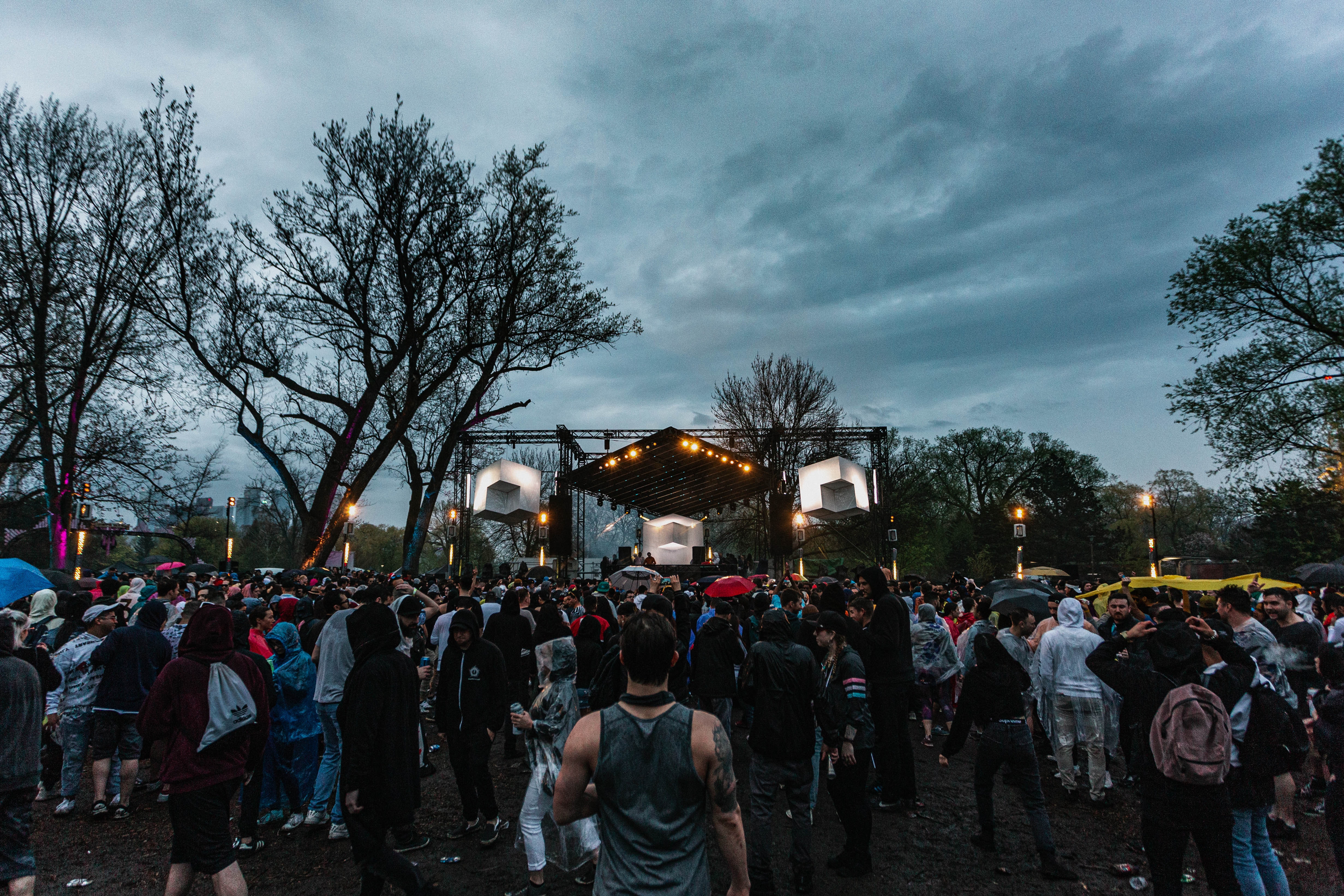Selecting a Music Festival Venue.

Historically the longest running and largest music festivals have been located on large open spaces in private ownership. When the land owner is closely involved in organising a festival the process is somewhat easier than trying to secure a public space controlled by a local authority or other private concern.
Where the proposed venue space is owed by someone closely involved in the festival the main barriers to staging an event are obtaining planning permission from the local authority whose main concern is compliance with health and safety regulations plus endorsements and approval from local police and fire services for example. Public objections do get raised but a local authority will usually overcome these objections.
For a new music festival attempting to use public space like a city park for example the hurdles can be more complex and challenging to overcome. What are the typical objections that are raised and how can they be overcome?
Environmental Impact.
One of the largest concerns about using public space is the impact on the local environment caused by the presence of thousands of people and usually revolves around waste. To a lesser extent will be the effect on local wildlife and will depend on the location. Organisers will need to have solid plans in place for running an environmentally friendly and sustainable event with detailed plans for managing human waste disposal along with associated rubbish generated by so many people. A suitable budget should be allocated to ensure that any damage caused is repaired and the public space is returned to the same condition prior to the event.
Traffic Congestion and Noise Pollution.
Local residents living near any public park of course will have concerns about traffic congestion and how this will be managed. Cooperation with local police forces is essential to create a traffic management plan to ensure that local residents are not affected by the influx of so many people. This can be achieved by insisting that event goers arrive by public transport and banning the use of private cars and onsite parking. Local authorities will need assurances about the noise level and the monitoring of decibel limits along with specific performance times that end at a reasonable time.
Actions to Help Achieve Approval.
For any local authority who must deal with public objections they have to take a balanced view against the benefits of allowing a music festival to take place at a park under their jurisdiction. Primarily they consider the economic benefits to the local community and local businesses usually support such an event because of the increase in footfall and revenue it generates. Most festival organisers are also keen to support local charities and other initiatives and do this by donating a portion of ticket sales revenue towards them.
No matter where a proposed festival takes place there will always be objections but more often than not the benefits to the local community outweigh any disadvantages.
For any music festival organisers and stage managers planning their 2021 events using a software management platform like Festival Pro gives them all the functionality they need to plan every aspect of their venue selection and management. The guys who are responsible for this software have been in the front line of event management for many years and the features are built from that experience and are performance artists themselves. The Festival Pro platform is easy to use and has comprehensive features with specific modules for managing artists, contractors, venues/stages, vendors, volunteers, sponsors guestlists and ticketing.
<< Back to articles
Contact us
Get in touch to discuss your requirements.
US: +1 424 485 0220 (USA)
UK: +44 207 060 2666 (United Kingdom)
AU: +61 (2) 8357 0793 (Australia)
NZ: +64 (0)9887 8005 (New Zealand)